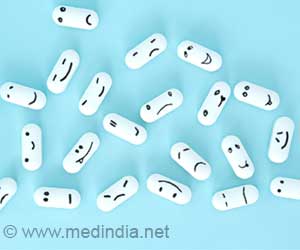Dementia patients who are given a chemical cosh drug are twice as likely to die compared with those taking other medications, experts have warned.

But in thousands of cases the tranquiliser is given to sedate elderly dementia patients to stop them wandering off or becoming confused and anxious, according to mental health campaigners.
Haloperidol is also widely used in the UK where about 180,000 dementia patients are thought to be taking the drug.
The latest findings is based on the study of 75,000 dementia suffers aged over 65 in America.
The study, published in the British Medical Journal, found patients treated with haloperidol were twice as likely to die compared with those taking antipsychotic drug risperidone (resperdal).
Those taking quetipaine (seroquel) also had a reduced risk. Antipsychotic drugs, dubbed a "chemical cosh" due to their effects, are thought to contribute to the premature deaths of 1,800 patients a year.
Advertisement
"Our study reinforces the important risks associated with the use of these drugs and underscores the need to try alternative means of dealing with behavioural problems in older patients with dementia," the Daily Express quoted study leader Dr Sebastian Schneeweiss, of Harvard Medical School, as saying.
Advertisement
The Alzheimer's Society estimates 150,000 of the 180,000 dementia patients who are taking antipsychotic drugs in the UK have been prescribed inappropriately.
Dr Anne Corbett at the Society said: "For the majority, they do far more harm than good."
Source-ANI















